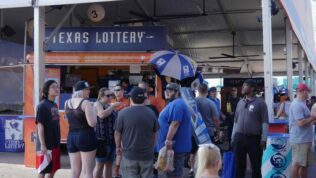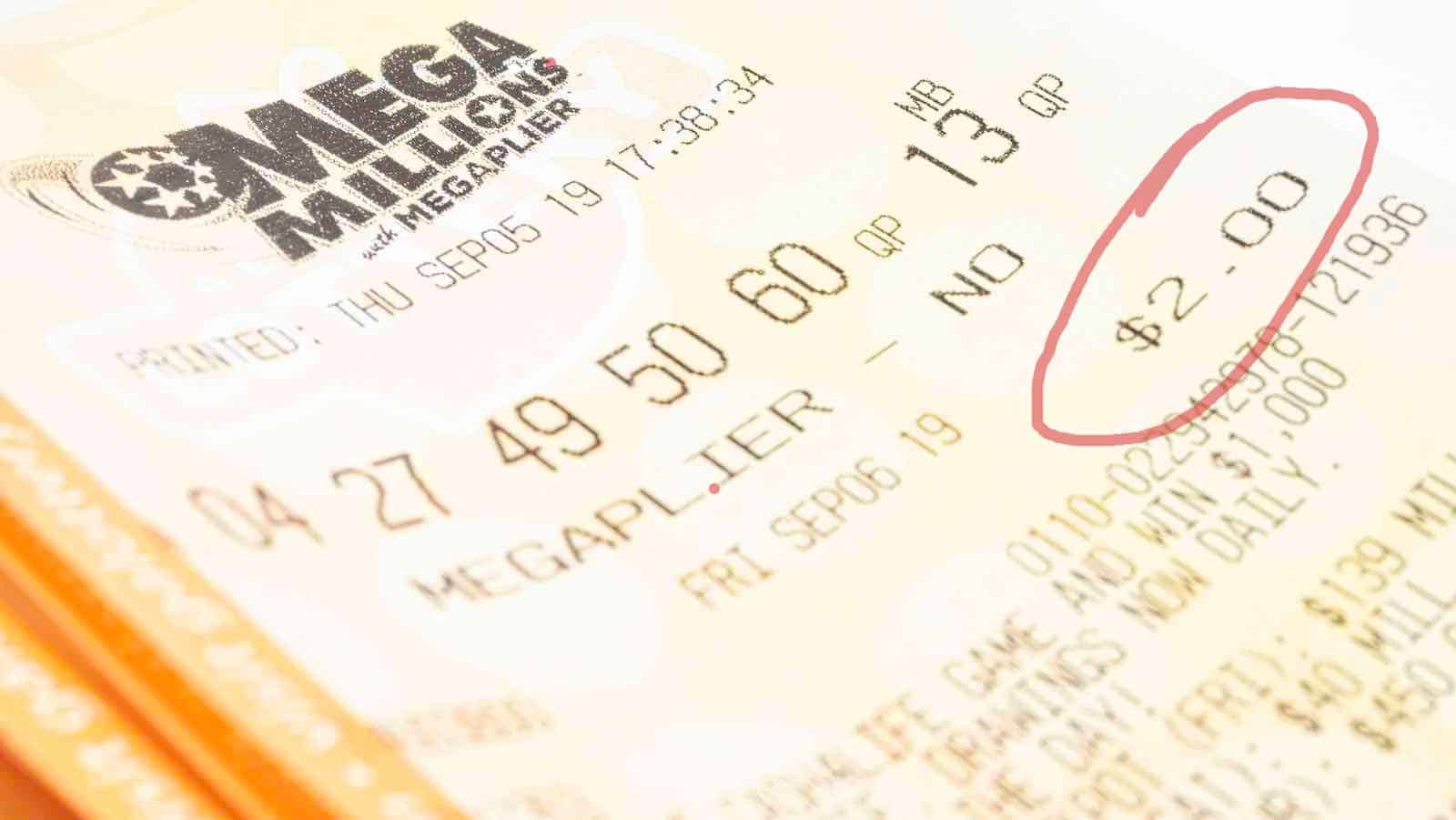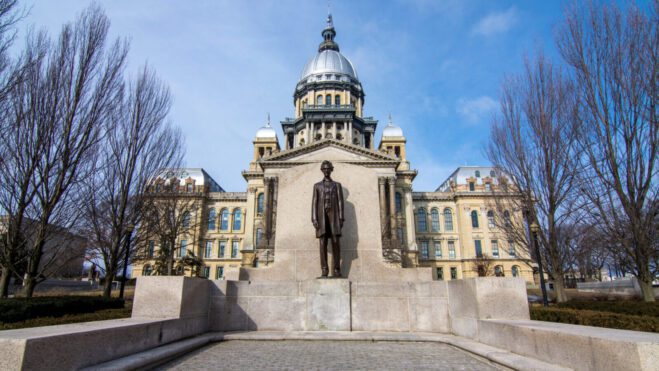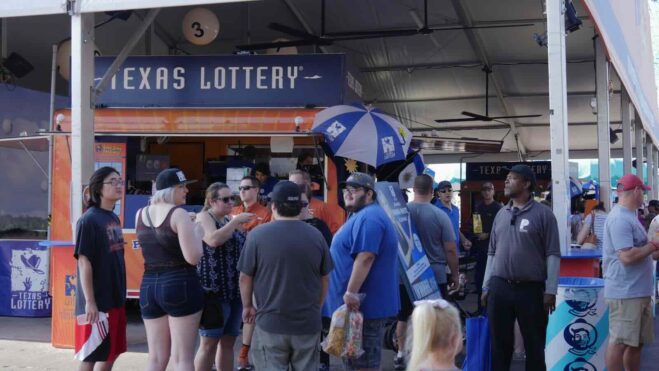Audit Reveals Significant Oversights In Minnesota State Lottery Operations
Minnesota’s Office of the Legislative Auditor published a new report citing many areas that must be addressed
1 min
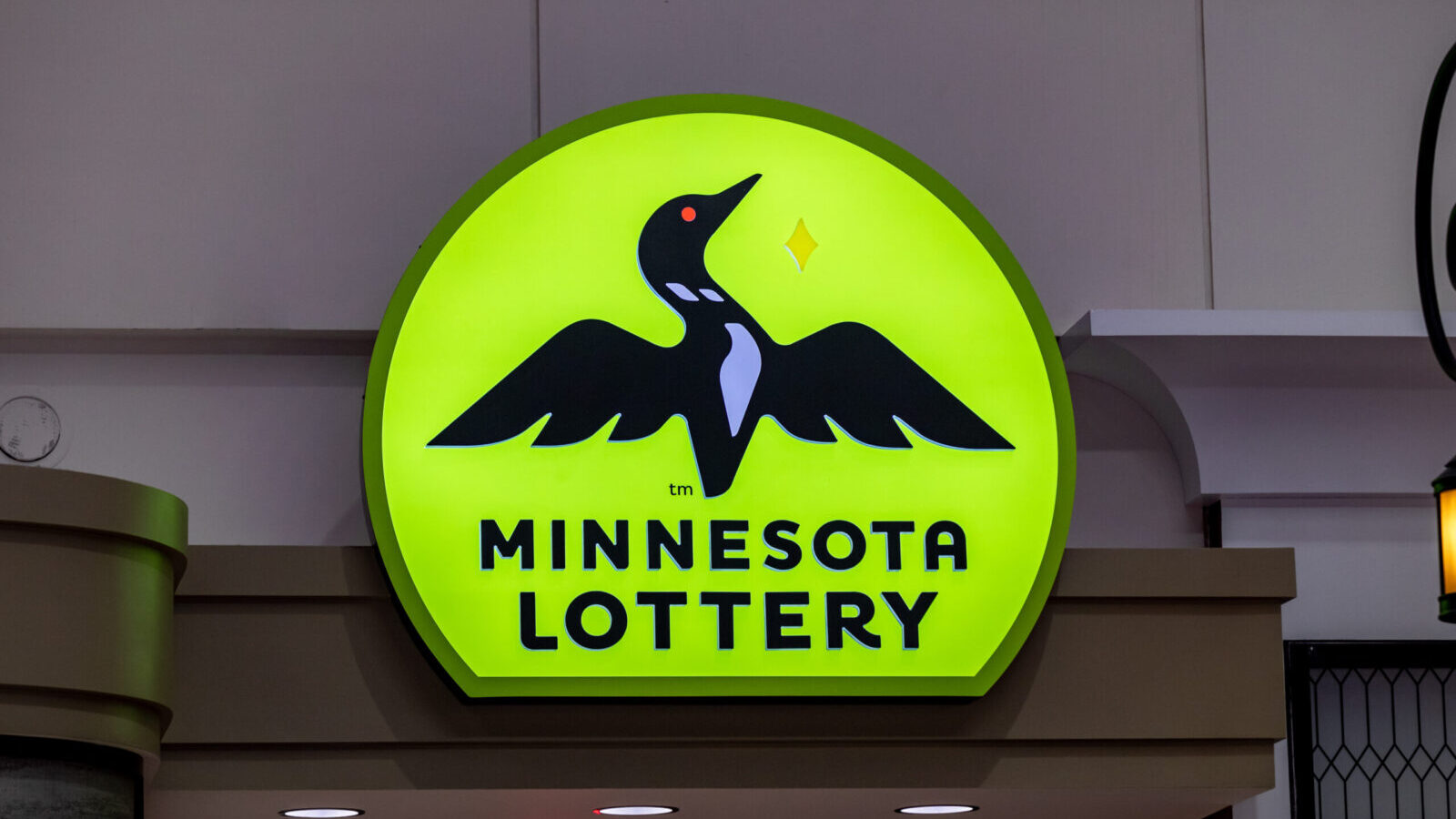
An extensive audit of the Minnesota State Lottery has unveiled critical weaknesses in its oversight of retailers and its preparedness for security-related incidents. Conducted by Minnesota’s Office of the Legislative Auditor (OLA), the performance audits spanned from July 1, 2021, to Dec. 31, 2023. The findings were published in a comprehensive 66-page report released last week.
The OLA’s investigation revealed alarming gaps in the lottery’s processes for vetting retailers. Specifically, it was discovered that the lottery failed to verify whether retailers had prior criminal convictions that would disqualify them from selling lottery products. This oversight raises significant concerns about the integrity and safety of lottery operations across the state.
In addition to this lapse in background checks, auditors found that some retailers were allowed to continue selling lottery tickets even after their contracts had expired. This practice is not only against state law but also undermines the regulatory framework intended to ensure responsible retailing of lottery products.
The audit highlighted another troubling issue: the lottery’s non-compliance with state regulations regarding lost or stolen scratch-off tickets. The agency did not charge retailers for these missing items, which could lead to potential financial losses and abuse within the system.
In light of these findings, OLA has made several recommendations aimed at strengthening internal controls within the Minnesota State Lottery. These include ensuring that retailer contracts are renewed before expiration and implementing thorough background checks as mandated by state laws.
Security oversight an issue
Security protocols also came under scrutiny during the audit process. The OLA found that documentation and training related to responding to physical security incidents were insufficient. This lack of preparedness poses a risk not only to employees but also to consumers who rely on secure transactions when purchasing lottery products.
Moreover, auditors identified inadequate separation of duties among key information technology administrators within the lottery organization. This finding suggests a need for improved governance structures to prevent potential conflicts of interest or mishandling of sensitive information.
To address these issues effectively, OLA has recommended that the Minnesota State Lottery develop comprehensive incident response procedures tailored specifically for various types of security events. It is crucial, according to the OLA, that third-party retailers are included in disaster recovery planning and training sessions so they can respond appropriately should an incident occur.
Beyond operational concerns, workplace culture within the Minnesota State Lottery was also examined through employee surveys conducted by auditors. Many employees expressed dissatisfaction with their work environment and raised concerns about organizational practices that may hinder productivity and morale.
In response to these cultural challenges, OLA urged lottery leadership to evaluate current agency practices critically and implement necessary changes aimed at fostering a more positive work atmosphere. Enhancing workplace culture is vital for retaining talent and ensuring high levels of employee engagement — factors that ultimately contribute to better service delivery within public agencies like the Minnesota State Lottery.



